| IN A NUTSHELL |
|
The geopolitical landscape of Europe has been significantly altered by Russia’s aggressive actions in Ukraine. This war, initiated by Vladimir Putin, is not merely a regional conflict but a global concern. It challenges the stability and security of Europe and tests the resolve of the United States and its allies. The stakes are high, as this confrontation could redefine international relations and military strategies in the years to come. As we delve deeper into this situation, it becomes evident that the implications of this conflict extend far beyond Ukraine’s borders, potentially affecting global power dynamics.
Beyond Ukraine: Russia’s Imperialistic Ambitions
The conflict in Ukraine is more than just a war of aggression; it is an attempt by Russia to expand its imperial influence. The Russian delegation’s demands during negotiations with Ukraine reveal a desire to impose control reminiscent of past imperial endeavors. These demands include special rights for the Russian Orthodox Church, the Russian language, and the conduct of elections as if Ukraine were a subjugated territory. Such moves are clear indicators of Russia’s imperialistic ambitions, which threaten not only Ukraine but also the broader European region.
The abduction of at least twenty thousand Ukrainian children is a tactic that underscores the severity of Russia’s intentions. This act of aggression aligns with historical Russian warfare strategies and highlights the genocidal nature of the conflict. Allowing such actions to go unpunished could lead to further destabilization, not just in Europe but globally. It is imperative for the international community to address these issues decisively to prevent the erosion of the global moral order.
The Wider Implications for European Security
Russia’s actions in Ukraine have broader implications for European security. Moscow’s demands for stationing troops in Moldova’s Transnistria region and its attempts to destabilize Moldova’s elections are part of a larger strategy to extend its influence across Europe. Success in Moldova would likely embolden Russia to further encroach on the sovereignty of Balkan states and other European nations.
European governments and intelligence agencies express growing concerns over Russia’s militarization. The potential for Russia to launch further military campaigns within the next decade is a pressing concern. This necessitates a robust and unified defense strategy among European nations, supported by the United States, to counteract Russian aggression. The historical context of two world wars and the Cold War underscores the importance of preventing authoritarian imperialism from gaining a foothold in Europe once again.
The Role of China in the Russia-Ukraine Conflict
The involvement of China in supporting Russia’s efforts in Ukraine adds another layer of complexity to the conflict. Testimonies reveal that without Chinese support, Russia would struggle to sustain its military operations. Chinese components are crucial for Russia’s production of munitions, tanks, and other military equipment, underscoring the strategic partnership between these two nations.
This war is increasingly becoming a proxy conflict involving China and the West. The notion that Ukraine should be sacrificed for the sake of focusing on China is flawed. Instead, defeating Russia in Ukraine could serve as a deterrent to China’s ambitions. The interconnected nature of global politics today means that supporting Ukraine is integral to maintaining a balance of power and preventing further escalation in other regions.
Dr. Stephen Blank’s Insight into the Conflict
Dr. Stephen J. Blank, a Non-Resident Senior Fellow at the Foreign Policy Research Institute, offers valuable insights into the complexities of the Russia-Ukraine conflict. With extensive experience in analyzing Soviet/Russian, U.S., Asian, and European military and foreign policies, Dr. Blank provides a comprehensive understanding of the geopolitical implications of this war.
His work highlights the importance of recognizing the interconnectedness of global conflicts and the need for strategic responses. Dr. Blank’s analysis emphasizes the necessity of supporting Ukraine not just for its sovereignty but as a means to counteract broader threats posed by Russia and China. His expertise sheds light on the critical nature of this conflict and its impact on international relations.
The situation in Ukraine serves as a stark reminder of the ever-present challenges to global security and stability. The actions of Russia and the involvement of China highlight the need for a coordinated international response. As we navigate these complex geopolitical waters, the question remains: how can the international community effectively balance the need for immediate action with long-term strategic planning to ensure global peace and stability?
Did you like it? 4.6/5 (23)
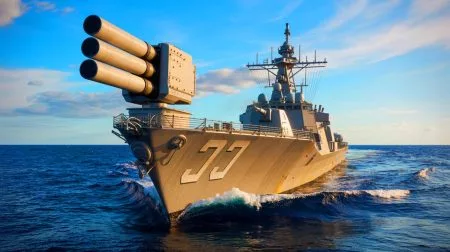
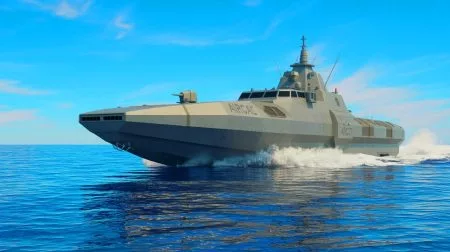


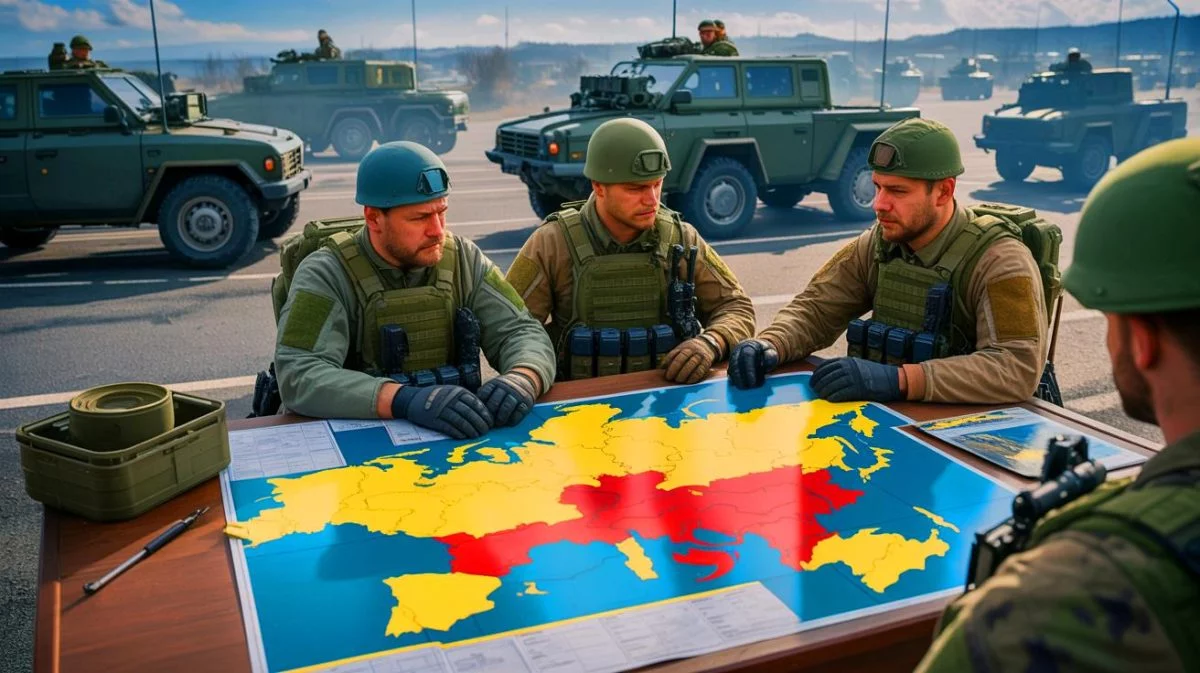
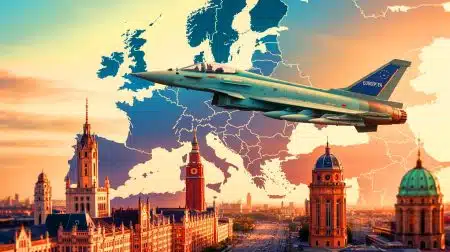
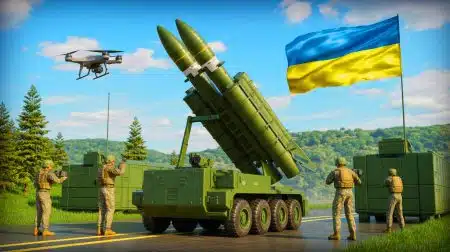
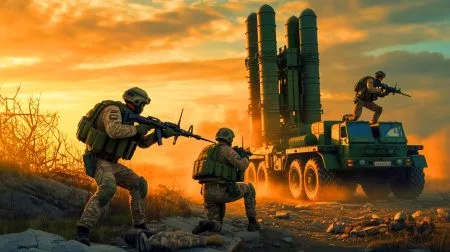
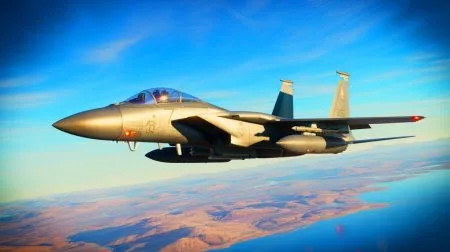
This is a very insightful article. Thanks for providing a detailed analysis of the geopolitical stakes involved! 🌍
I’m not sure I agree that Russia’s defeat in Ukraine will necessarily “cripple” China’s ambitions. Can you elaborate?
The article paints a grim picture. Are there any diplomatic solutions being considered?
Isn’t it overly simplistic to think that defeating one nation will automatically deter another? 🤔
Thank you for shedding light on the complex relationship between Russia and China. It’s a lot to digest!